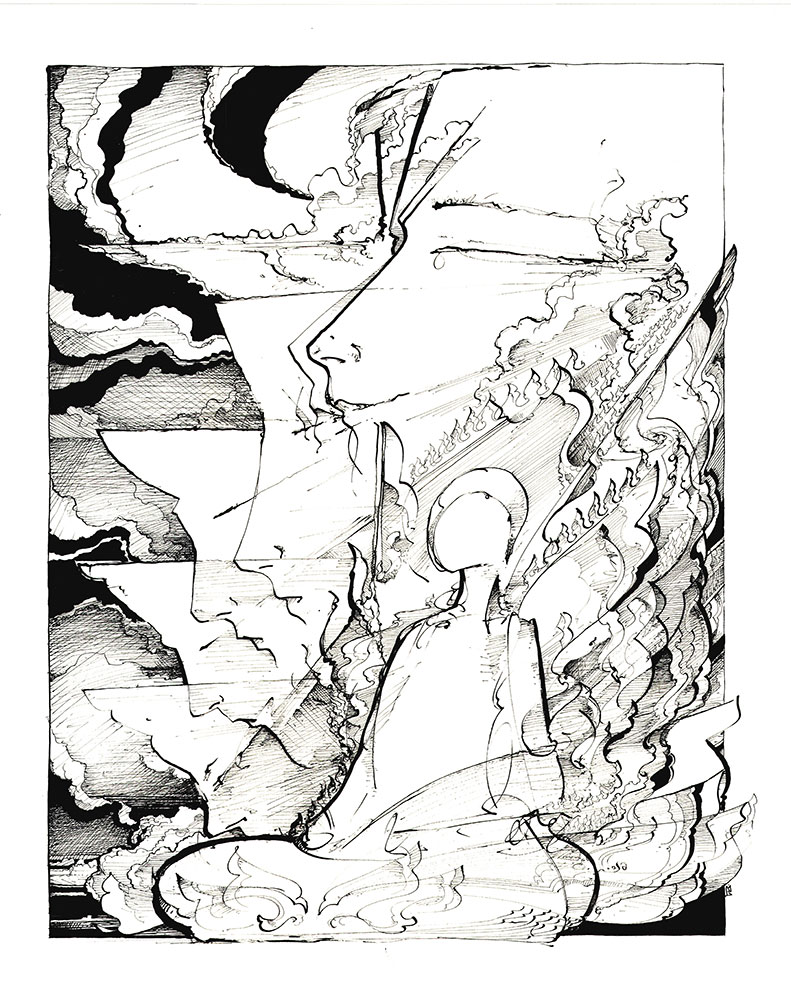
Why do we value art?
Art: it’s this visual record of who we are, how we imagine ourselves, where we’re going, where we’ve come from at some particular time. It’s the visual record of out psycho-spiritual states – as a human organism. If you were to take all the varied pieces of art from all the different art movements in some brief span of time, you’d find a vast spectrum of emotions, perspectives, and inspirations. Yet, it all came from the same place – this Earth, these humans – and happened within the same relative time.
The things we consider valuable on this planet – the things which have attained a greater sense of value than, say, food or water – are valued simply because of their own perceived valuable. For instance, a gold bar is perceived to have a certain value. One gold bar can be melted down and turned into another. Cast it as a sculpture by Dali and it now has a greater perceived value. It has been turned into Art. It is that expression which creates new value.
Paintings, of course, are far more plentiful than gold sculptures by Dali and paint and canvas themselves far less valuable. These days, painting materials are easy to come by: paints, brushes, canvas. Give them to anyone and each person will make something different. And if we melt all those finished paintings together we can never create another that is the same.
And so, over time, art becomes valuable to more than just its creator. It captures a moment that passes and we are left with images, intimations, reflections and echoes of an experience. A great artist can tap a chord in another human that resonates in a way that feels, more than anything, entirely and viscerally human and capturing some sliver along the broad spectrum that is basic humanity. That is the key to great art. It feels, at its core, distinctly real (even if it may be thoroughly abstract) because it is a reflection of ourselves.
When we look back through time, we see a song played out through the arts: a visual expression of this thing called ‘being human.’ We see the echoes of ourselves creating religious structures and retelling myths as we seek to understand the archetypal characters of our beings. We see ourselves discovering perspective and learning our place in the cosmos. We see ourselves exploring that place and becoming disenchanted when belief systems don’t match up with our perceptions. We see ourselves seeking new ways of seeing, being, exploring. We see new explorations of minds, of archetypes, of the mystical experience…
Throughout the history of art, we can witness ourselves touching upon an inner light that is reflected in our portrayal of the world as we perceive it. It is a very beautiful dance.